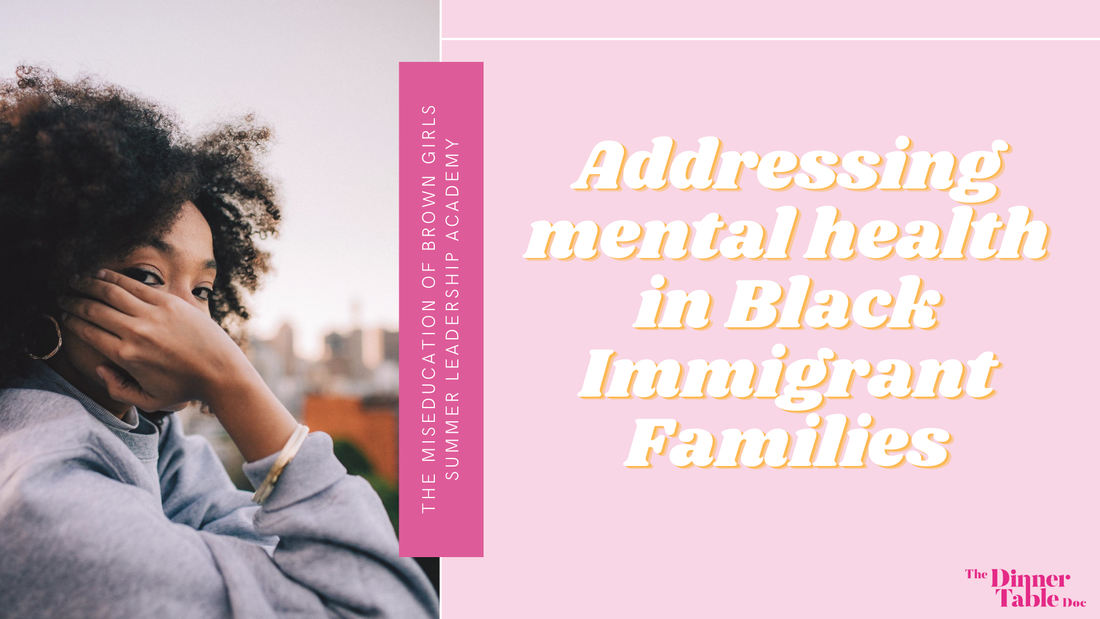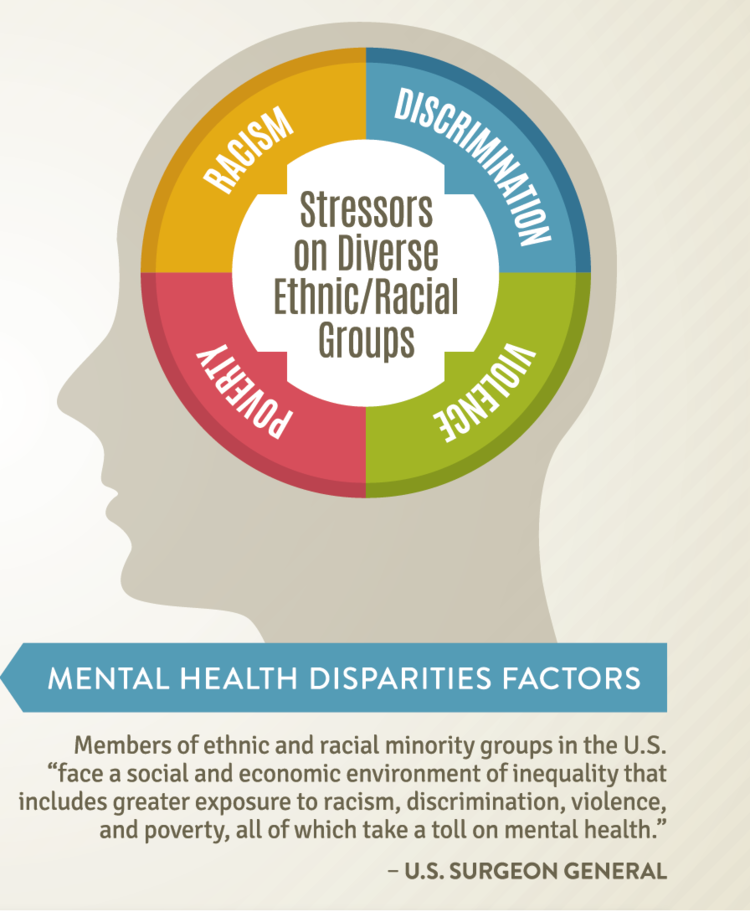|
As a black girl in an immigrant family, the concept of mental illnesses aren’t really accepted. You learn from an early age in most immigrant families that you were brought to America to succeed and prosper, and the way to accomplish that is getting exemplary grades as a result of relentless studying. The pressure and expectations weigh down on you like a pile of bricks, and the stress can be overwhelming. Often times, parents aren’t willing to accept that the high expectations that they place on their children can lead to mental illnesses like anxiety and depression. Although it is not always the cause, mental illnesses are very common in the world. Worldwide, roughly 10-20 percent of adolescents experience mental illnesses, yet it remains under-diagnosed and under-treated (“Adolescent mental health”, 2019). Anxiety and depression are two of the most common mental disorders exhibited among teens. Mental disorders can tremendously detriment the quality of life of teens. They can negatively impact the relationships they have in school, family, and may lead to death. According to the World Health Organization, “Adolescents with mental health conditions are in turn particularly vulnerable to social exclusion, discrimination, stigma (affecting readiness to seek help), educational difficulties, risk-taking behaviours, physical ill-health and human rights violations” (“Adolescent mental health”, 2019). Mental disorders are caused by a variety of different factors such as past trauma, genetics, and even the conditions that teens are exposed to during their lifetime. It is very important to feel listened too enough to talk to a family member if you suspect something may be wrong, however that is often hard with immigrant parents. Trying to speak up can lead to responses like- “You are just lazy,“You are just making excuses,”or “You just need to go to the Barber Shop and preach to Jesus.”And the stigmas in the black community about mental illness makes this issue even worse. We make it shameful to talk about anxiety, depression, and other mental illnesses. Although the African American community is twenty percent more likely to get diagnosed with a mental illness due to racism, environmental factors, social economic status, only about half of us go get treated. Our community depicts mental illnesses as a weakness. Oftentimes we are seen as a strong confident community. However it isn’t just a problem of how the black community perceived mental illnesses, but how society views black people and mental illnesses within the community. The disproportionate amount of people of color who aren’t getting help for their mental illnesses compared to the number of whites is staggering. The media shows us as rambunctious people who speak their mind. Could it be that even other societies’ image of us is causing the alarmingly low number of African Americans who get treatment for their mental disorders? Could our communities feeling of always being strong with our black power and excellence be undermining our ability to speak up about our weaknesses? What may be diagnosed as depression in white people can be seen as distributive behavior in black peoples. The misdiagnoses or black people, and the lack of black therapists may be another reason why our community doesn’t get help. But how can we fix this? We can fix this by
Some helpful websites-
Written By Yaelle PierreYaelle Pierre is a rising high school senior who participated in The Miseducation of Brown Girls Summer Leadership Academy.
0 Comments
Leave a Reply. |
Archives
May 2022
|


 RSS Feed
RSS Feed